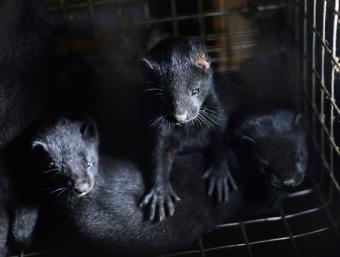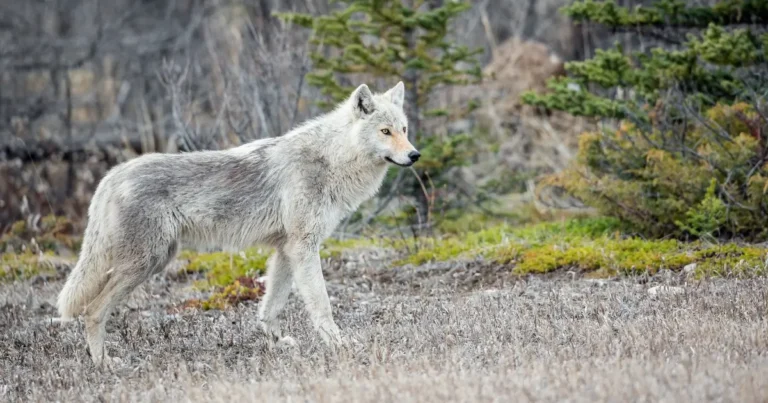
In a heartbreaking article from late July, the Chronicle Herald’s Brett Bundale wrote of Camp Wapomeo, a program run by the YMCA near Yarmouth, Nova Scotia.
“Since opening in 1921, the camp has shaped the summers and lives of thousands of youth,” Bundale wrote. “Many campers gained the leadership, communication and interpersonal skills to become community leaders and entrepreneurs, politicians and musicians.”
But the memories and love of generations of Nova Scotians wasn’t enough to save the camp, which was shut down permanently in 2010, largely due to the rapid appearance of toxic blue-green algae in the lake upon which it rested.
One former councillor – a business owner named Roger Nelson – made it quite clear whom he blames for the change in the landscape at Camp Wapomeo: the mink farms that the government has acknowledged contribute to cyanobacteria in the lake.
“It creates algae in the water that chokes out the ecosystem of the lake,” he said. “You can’t eat the fish or swim in the water. They had to bus kids to a different lake to go swimming. It just didn’t make sense.”
As the last of the buildings were shuttered and slated for destruction in Yarmouth, a community in the Wisconsin village of Kronenwetter are struggling with another kind of fur farm-related nuisance.
“Gardner Park Road resident Samantha Gebert told village officials that the flies this summer are the worst she’s seen in 15 years living there, according to minutes from the July 14 Village Board meeting,” the Wausau Daily Herald reported. “She said her family can’t enjoy their backyard.”
These kinds of problems – from large-scale pollution to daily irritants – are not uncommon around Canada’s fur farms, where millions of fox and mink are born into captivity, kept in wire-bottomed cages, and killed within a year, so their skin can be sold to the highest bidder overseas.
It is a problem that you can help stop by becoming a monthly member of The Association for the Protection of Fur-Bearing Animals, and helping us run campaigns like our popular Make Fur History program and offer a voice to the voiceless.
Work like our popular Make Fur History campaign is only possible with the support of monthly donors. Please consider become a monthly donor – for as little as $5 a month – and help us create a Canada that is truly fur-free.

